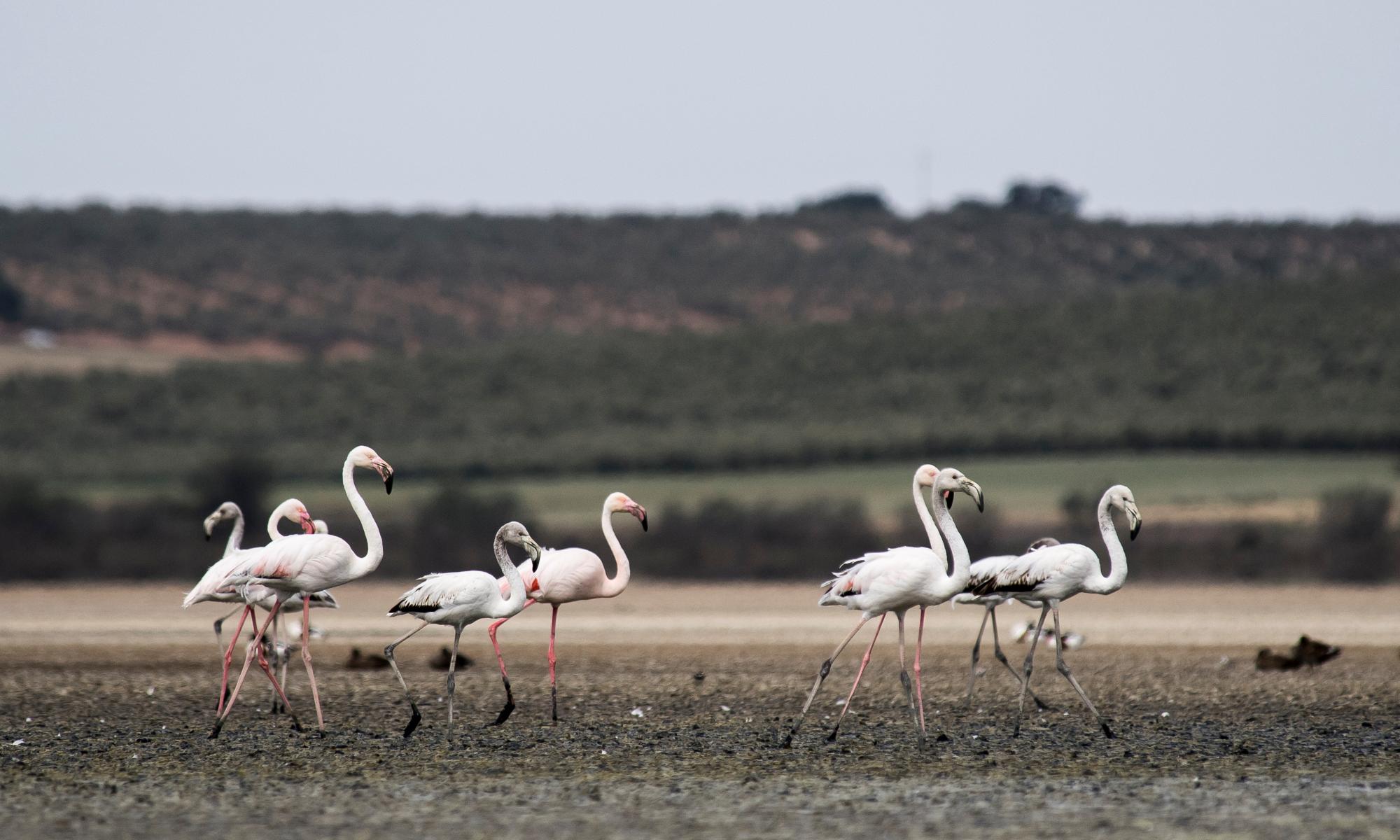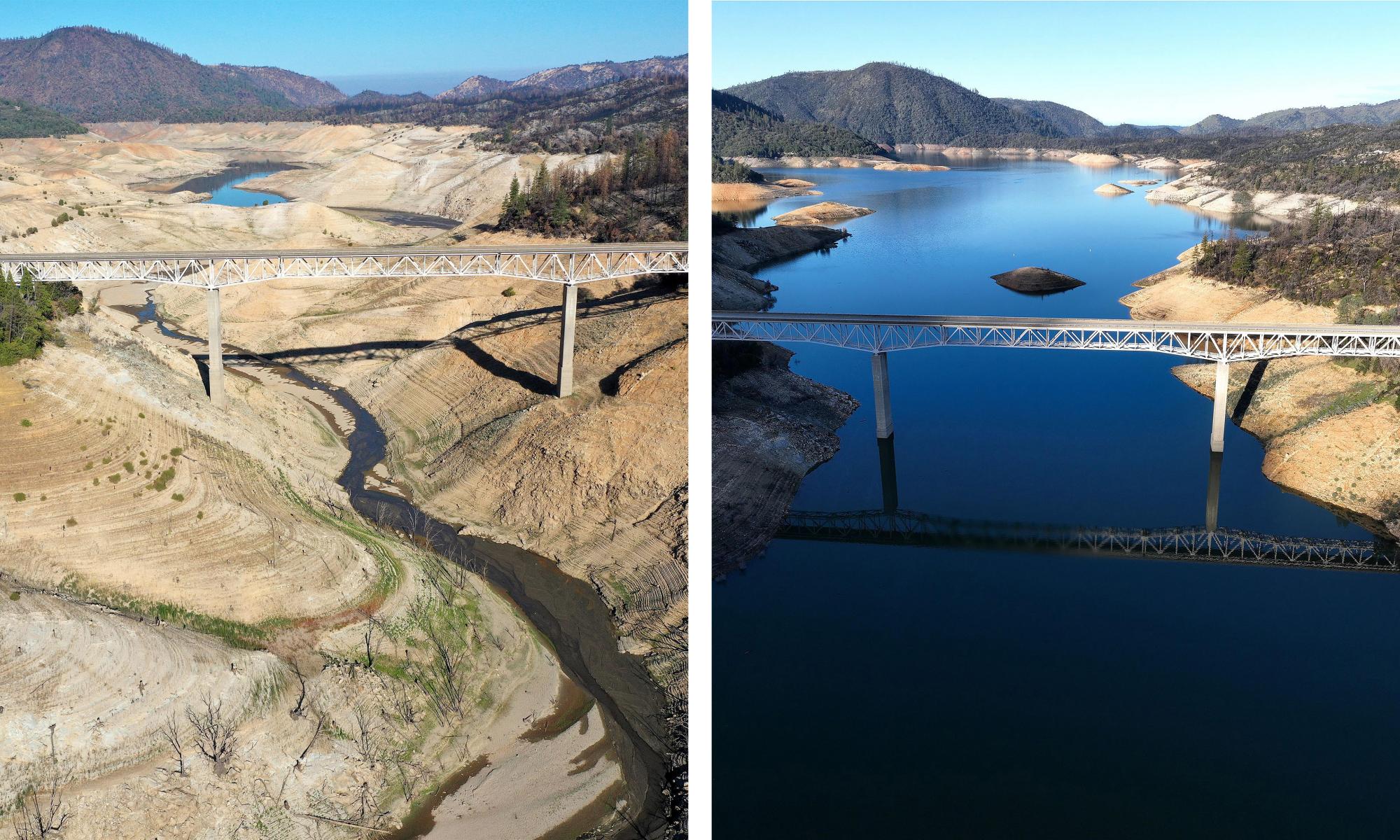The article based on the RSPB’s recent report (Tree plantations ‘do not help climate’ as timber not used over long term, 11 March) is an unhelpful contribution to the critical debate on land use in the context of the climate crisis.
The danger with the article, and the RSPB report, is that it undermines the scientific argument for a significant increase in commercial conifer planting.
A recent report from the government’s Committee on Climate Change, entitled Land use: policies for a net zero UK, makes it clear that we need to increase “UK forestry cover from 13% to at least 17% by 2050 by planting around 30,000 hectares or more of broadleaf and conifer woodland each year” and the conifers are needed for “wood in construction, creating an additional stock of carbon in the built environment”. This construction timber will be substituted for concrete and steel, which together are responsible for 12% of global carbon emissions.
There is little point in saving the curlew’s habitat if, as a consequence, we lose the battle against climate change. It’s time the RSPB acknowledged the bigger picture.
Paul Brannen
Former MEP and member of the EU’s agriculture committee
• Government policy is based on advice from independent organisations like the Committee on Climate Change, which examine the evidence on carbon sequestration to take a full life-cycle picture.
The full evidence on the carbon benefits of fast-growing trees does take into account all the uses of wood harvested in the UK and recognises that the trees are replaced with new fast-growing trees.
Wood burned for energy replaces non-renewable fossil fuels, and wood used, for example, in a fence, does not magically give up its carbon to the atmosphere when that fence is replaced (with more wood). Typically, it is reused and recycled. This adds to the positive carbon story and is an exemplar of reuse.
It is irresponsible to raise the spectre of land management practices, specifically planting on ground containing deep peat, which ended decades ago and will not happen again. The claims that newly planted native woodlands are much richer in wildlife than modern forests planted to produce wood and designed against high standards is also not supported by the evidence.
If we are serious about tackling climate change and benefiting nature, we need to base policy on the full suite of evidence and embrace positive solutions.
Stuart Goodall
Chief executive, Confor: Promoting forestry and wood
• Join the debate – email guardian.letters@theguardian.com
• Read more Guardian letters – click here to visit gu.com/letters
• Do you have a photo you’d like to share with Guardian readers? Click here to upload it and we’ll publish the best submissions in the letters spread of our print edition


